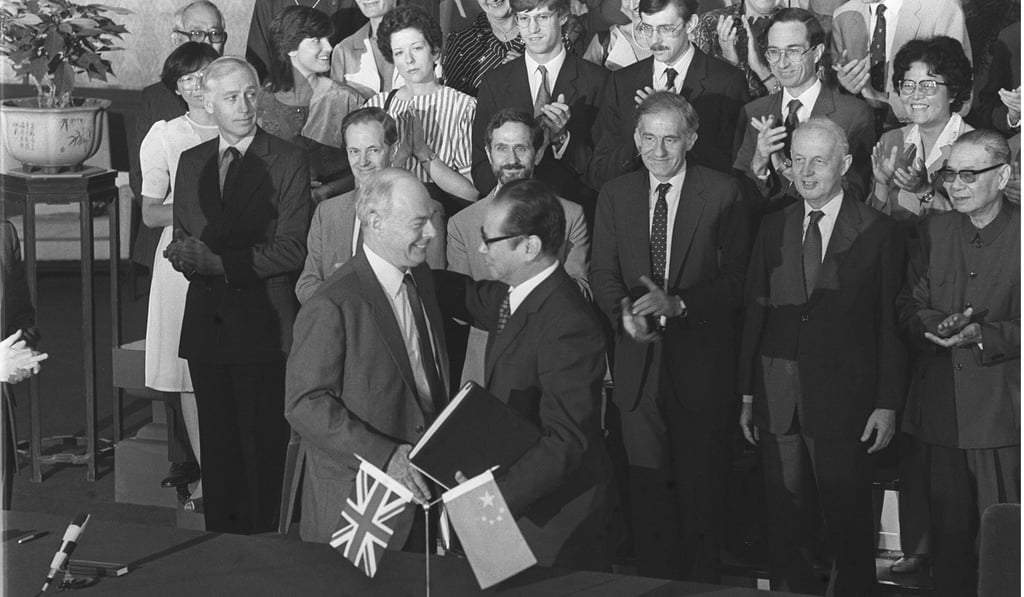It is in Beijing’s interests to ensure Hong Kong doesn’t wilt and fade
Frank Ching says the Tung administration marked the high point of Hong Kong autonomy, but even with the erosion of trust and Beijing’s recent hardline statements, Chinese leaders don’t want Hong Kong to fade under Chinese sovereignty


I had opened The Wall Street Journal bureau in China in 1979, when China and the US established diplomatic relations. It was a heady time. Anything about China was news. But the story that mattered most to me was Hong Kong’s future. Several months before Thatcher’s visit, a source told me that China had “put on the agenda” the return of Hong Kong.
Though I had spent much of the 1960s and 1970s in the US, I never lost my attachment to Hong Kong. I returned in the mid-1970s and, in 1976, began working for the Asian Wall Street Journal. At the same time, I was also involved with a personal project: setting up the Hong Kong Observers, a pressure group whose aim was to press the government to be responsive to the needs of the people.
Robin Hutcheon, then editor of the Post, offered the Observers a fortnightly column. The articles were primarily written by me. We wanted a dialogue with the government. This wasn’t easy. For example, when we published an article on localisation of the civil service in March 1977 and asked Alan Scott, secretary for the civil service, for comment, his reply was an eye-opener. “Are you prepared,” he wrote, “to agree that if I comment publicly, photographs of the ‘Hong Kong Observers’ be published with such comment, with sufficient details to establish your bona fides as responsible people with a relevant interest in these matters?” Today, it is unimaginable that any official would adopt such a supercilious attitude. The right to question the government is unquestioned.

Moving to Beijing gave me a front-row view of events related to the colony’s future. In September 1984, the Joint Declaration, under which Britain would return Hong Kong to China, was initialled. China pledged to maintain the lifestyle, rights and freedoms in Hong Kong under the “one country, two systems” concept. To make the agreement palatable, Britain announced that it would start holding indirect elections in 1985. Until then, all legislators were appointed.